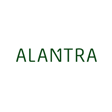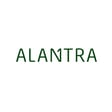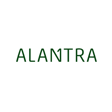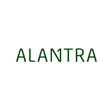Become a Creator today!Start creating today - Share your story with the world!
Start for free
00:00:00
00:00:01

Celebrating Opportunities in the New Era of Telehealth, a Conversation with Drew Turitz, SVP of Corporate Development at Teladoc
Over the last decade, virtual care has witnessed explosive growth. Drew Turitz, SVP of Corporate Development at Teladoc, joins Frederic Laurier at Alantra to discuss the increasing adoption of telehealth, its acceptance by payors and providers, M&A as a strategy to enter new markets, acquisition opportunities in 2023, and the development of value-based care.



